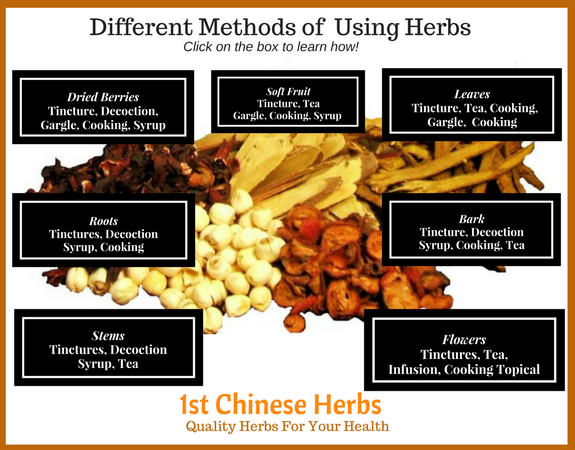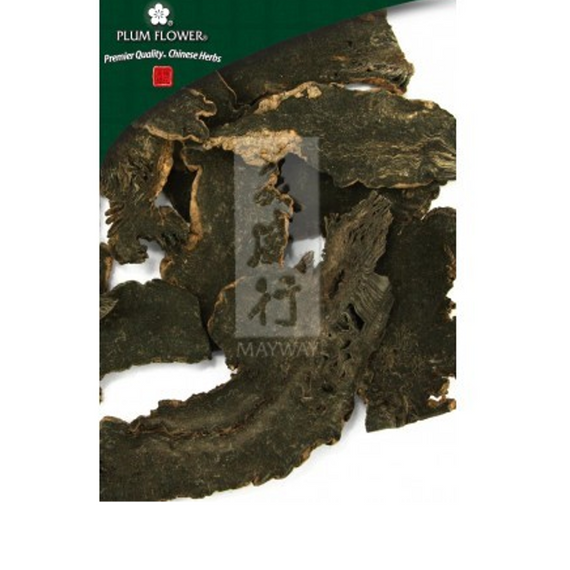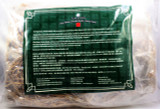Shen Jin Cao (Cut Form): Promoting Joint Flexibility and Muscular Ease
Lycopodium japonicum, commonly known as Japanese clubmoss or shenjincao, is a type of plant that has been used in traditional Chinese medicine and other herbal traditions for various health purposes. Here are six potential medicinal benefits associated with Lycopodium japonicum:
Promotes Joint and Muscular Health: Lycopodium japonicum is often used to support joint and muscular health. It is believed to have anti-inflammatory properties that could help alleviate pain, swelling, and discomfort associated with conditions like arthritis and muscle strains.
Aids In Urinary Tract Health: This plant is used in traditional medicine to promote urinary tract health. It might have diuretic effects, which could help increase urine production and potentially aid in flushing out toxins and supporting kidney function.
Supports Wound Healing: Lycopodium japonicum is sometimes applied externally to wounds and skin injuries due to its potential wound-healing properties. It might help speed up the healing process and reduce the risk of infection.
May Benefit Respiratory Health: In traditional medicine, this plant is used to support respiratory health. It might help alleviate symptoms of respiratory conditions like coughs, bronchitis, and asthma by promoting expectoration and reducing inflammation.
Possible Anti-Inflammatory Effects: Lycopodium japonicum is believed to have anti-inflammatory effects, which could make it useful in managing various inflammatory conditions throughout the body, including skin issues and internal inflammation.
Provides Digestive Health Support: Some traditional uses of Lycopodium japonicum involve its potential benefits for digestive health. It might help improve digestion, alleviate bloating, and support overall gastrointestinal well-being.
Herbal Information on Shen Jin Cao, Unsulfured in Cut Form
Product Description
Common Name: Lycopodium
Botanical Name: Lycopodium Japonicum
Pin Yin Name: Shen Jin Cao
Other Names: Ground Pine, Japanese Club Moss
Other Ingredients: None
Package Size: 1 pound (1 lb.)
Form: Cut
Origin: China
Brand: Plum Flower
Cautions: Do not use if pregnant or nursing.
Check out our How to Use Bulk Herbs page to see how to use herbs correctly. Our web page is constantly expanding, as of today we have articles on:
- How to make salves, poultice, tinctures, teas, capsules, gargles, and foot bathes
- How to make a citrus facial splash
- Cayenne pepper: Caterpillar and aphid spray ( Natural insect repellent )
- Citrus potpourri basket
About Plum Flower Quality Herbs
Plum Flower is an established worldwide manufacturer of high-quality Chinese herbs, and innovative Chinese medicinal herbs and products. Plum Flower uses sulfur-free herbs and laboratory tests its products for contamination and heavy metals, such as mercury, lead, and pesticides.
- Made at GMP internationally certified facilities (Good Manufacturing Practices) Quality control tests are done at the manufacturing site and at third party labs to confirm results.
- Manufactured using Unsulfured, Chlorine free, Aluminum Phosphate free herbs when possible.
- Microbials and heavy metals tested. No preservatives.
Manufacture's Statement: It is important to note that Plum Flower formula extract powders do not contain any excipients. They are spray-dried directly from the condensed herbal decoction, and the resulting powder is the natural yield of the formulation. Individual herbs can vary significantly in the amount of dissolved solids they yield during extraction. Many do not have the needed substance to form a powder, and our single herb extract powders contain a pharmaceutical-grade, non-GMO corn-based dextrin when necessary.
Traditional Chinese Herbs
Chinese Traditional herbs should be regarded as an added feature to modern western healthcare, and not as a replacement. Chinese traditional herbs (Teas) emphasize harmony, and balance.
Reference:
https://www.ncbi.nlm.nih.gov/pmc/articles/PMC4789059/#:~:text=Lycopodium%20japonicum%20Thunb%20is%20a,arthritis%20%5B1%2C%202%5D.
alternativehealing.org
https://www.sciencedirect.com/science/article/pii/S1878535220300988
https://www.hindawi.com/journals/ecam/2019/5165029/
https://herbpathy.com/Uses-and-Benefits-of-Lycopodium-Japonicum-Cid5298
https://books.google.com/books?id=yOk1cNU4niIC&pg=PA251&lpg=PA251&dq=benefits+of+Lycopodium+Japonicum&source=bl&ots=UAfAtVTzVn&sig=ACfU3U2m6cJHYRPssMH5v8TZU_UY1NqWTA&hl=en&sa=X&ved=2ahUKEwiilLGVm-WAAxVwATQIHScfCvc4HhDoAXoECAMQAw






















